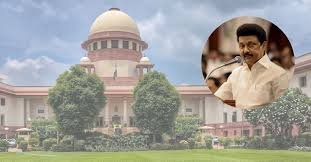
No statues of leaders on public money; Supreme Court's big decision
In a significant and historic decision, the Supreme Court of India has banned the use of public money to erect statues of leaders in public places. This decision has created a huge stir in the political atmosphere across the country, and discussions have started on this at various levels. While giving this order, the Supreme Court has given a clear message that public funds should be used more responsibly and for the welfare of the citizens.
Background of the decision
The Supreme Court gave this decision during the hearing of a public interest litigation. In this petition, concerns were expressed about the use of public funds to erect statues of political leaders. The petitioners argued that the public's tax money should be used for basic needs like roads, schools, hospitals, water supply and other facilities, and not for erecting statues of leaders. The petition also stated that although such statues glorify the leaders, they do not provide any direct benefit to the common man.
The Supreme Court, while taking cognizance of the petition, conducted a thorough examination of the matter. The bench of judges asked the government and the concerned agencies about this. During the hearing, it was revealed that several state governments had spent a huge amount of funds on erecting statues. This raised the issue of misuse of public funds.
Supreme Court order
The Supreme Court clearly stated in its order that, ΓÇ£Public funds should be used only and only for the welfare of the people. Erecting statues of leaders is in no way related to public interest.ΓÇ¥ The court further directed that henceforth no state government or local self-government body should use public funds for erecting statues. Also, the use of private funds for such projects is permitted, but proper permissions and rules will also be mandatory for that.
Implications of the decision
This decision is likely to have a major impact on political parties and leaders across the country. Erecting statues of leaders is a common practice in many states, and it is believed to have a political motive behind it. Especially during election seasons, such statues are inaugurated to impress the public. However, it is expected that this order of the Supreme Court will curb such practices.
Experts are of the opinion that this decision will increase transparency and accountability in the use of public funds. Social activists have welcomed this decision. A social activist said, ΓÇ£This decision is in the interest of the people. Now the government will have to set priorities and pay attention to the basic needs of the people.ΓÇ¥
Political reactions
There are mixed reactions from political parties on this decision. Some parties have welcomed this decision, while others have expressed their displeasure over it. A political leader said, ΓÇ£Statues of leaders are there to remember their contributions. Banning these is an insult to their work.ΓÇ¥ On the contrary, another leader expressed the opinion that, ΓÇ£This decision is right. Public money should be used only for the good of the people.ΓÇ¥
Future Directions
This order of the Supreme Court is likely to set new guidelines for the use of public funds. State governments and local bodies will have to rethink their spending priorities. It is also expected that this decision will increase awareness among citizens and they will ask more questions about government spending.
This decision is not only limited to financial matters, but is also important in terms of transparency in democracy. Experts believe that this will help increase trust between the government and the people.
In a significant and historic decision, the Supreme Court of India has banned the use of public money to erect statues of leaders in public places. This decision has created a huge stir in the political atmosphere across the country, and discussions have started on this at various levels. While giving this order, the Supreme Court has given a clear message that public funds should be used more responsibly and for the welfare of the citizens.
Background of the decision
The Supreme Court gave this decision during the hearing of a public interest litigation. In this petition, concerns were expressed about the use of public funds to erect statues of political leaders. The petitioners argued that the public's tax money should be used for basic needs like roads, schools, hospitals, water supply and other facilities, and not for erecting statues of leaders. The petition also stated that although such statues glorify the leaders, they do not provide any direct benefit to the common man.
The Supreme Court, while taking cognizance of the petition, conducted a thorough examination of the matter. The bench of judges asked the government and the concerned agencies about this. During the hearing, it was revealed that several state governments had spent a huge amount of funds on erecting statues. This raised the issue of misuse of public funds.
Supreme Court order
The Supreme Court clearly stated in its order that, ΓÇ£Public funds should be used only and only for the welfare of the people. Erecting statues of leaders is in no way related to public interest.ΓÇ¥ The court further directed that henceforth no state government or local self-government body should use public funds for erecting statues. Also, the use of private funds for such projects is permitted, but proper permissions and rules will also be mandatory for that.
Implications of the decision
This decision is likely to have a major impact on political parties and leaders across the country. Erecting statues of leaders is a common practice in many states, and it is believed to have a political motive behind it. Especially during election seasons, such statues are inaugurated to impress the public. However, it is expected that this order of the Supreme Court will curb such practices.
Experts are of the opinion that this decision will increase transparency and accountability in the use of public funds. Social activists have welcomed this decision. A social activist said, ΓÇ£This decision is in the interest of the people. Now the government will have to set priorities and pay attention to the basic needs of the people.ΓÇ¥
Political reactions
There are mixed reactions from political parties on this decision. Some parties have welcomed this decision, while others have expressed their displeasure over it. A political leader said, ΓÇ£Statues of leaders are there to remember their contributions. Banning these is an insult to their work.ΓÇ¥ On the contrary, another leader expressed the opinion that, ΓÇ£This decision is right. Public money should be used only for the good of the people.ΓÇ¥
Future Directions
This order of the Supreme Court is likely to set new guidelines for the use of public funds. State governments and local bodies will have to rethink their spending priorities. It is also expected that this decision will increase awareness among citizens and they will ask more questions about government spending.
This decision is not only limited to financial matters, but is also important in terms of transparency in democracy. Experts believe that this will help increase trust between the government and the people.
Background of the decision
The Supreme Court gave this decision during the hearing of a public interest litigation. In this petition, concerns were expressed about the use of public funds to erect statues of political leaders. The petitioners argued that the public's tax money should be used for basic needs like roads, schools, hospitals, water supply and other facilities, and not for erecting statues of leaders. The petition also stated that although such statues glorify the leaders, they do not provide any direct benefit to the common man.
The Supreme Court, while taking cognizance of the petition, conducted a thorough examination of the matter. The bench of judges asked the government and the concerned agencies about this. During the hearing, it was revealed that several state governments had spent a huge amount of funds on erecting statues. This raised the issue of misuse of public funds.
Supreme Court order
The Supreme Court clearly stated in its order that, ΓÇ£Public funds should be used only and only for the welfare of the people. Erecting statues of leaders is in no way related to public interest.ΓÇ¥ The court further directed that henceforth no state government or local self-government body should use public funds for erecting statues. Also, the use of private funds for such projects is permitted, but proper permissions and rules will also be mandatory for that.
Implications of the decision
This decision is likely to have a major impact on political parties and leaders across the country. Erecting statues of leaders is a common practice in many states, and it is believed to have a political motive behind it. Especially during election seasons, such statues are inaugurated to impress the public. However, it is expected that this order of the Supreme Court will curb such practices.
Experts are of the opinion that this decision will increase transparency and accountability in the use of public funds. Social activists have welcomed this decision. A social activist said, ΓÇ£This decision is in the interest of the people. Now the government will have to set priorities and pay attention to the basic needs of the people.ΓÇ¥
Political reactions
There are mixed reactions from political parties on this decision. Some parties have welcomed this decision, while others have expressed their displeasure over it. A political leader said, ΓÇ£Statues of leaders are there to remember their contributions. Banning these is an insult to their work.ΓÇ¥ On the contrary, another leader expressed the opinion that, ΓÇ£This decision is right. Public money should be used only for the good of the people.ΓÇ¥
Future Directions
This order of the Supreme Court is likely to set new guidelines for the use of public funds. State governments and local bodies will have to rethink their spending priorities. It is also expected that this decision will increase awareness among citizens and they will ask more questions about government spending.
This decision is not only limited to financial matters, but is also important in terms of transparency in democracy. Experts believe that this will help increase trust between the government and the people.

.jpg)






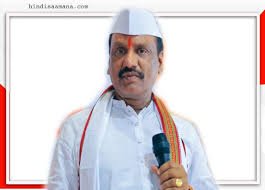


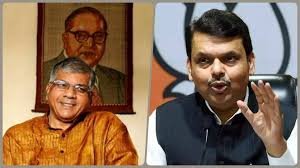
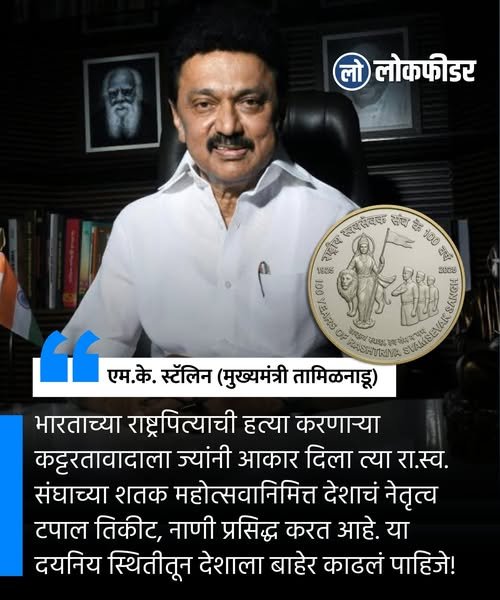
.jpg)
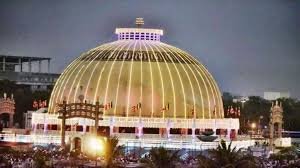
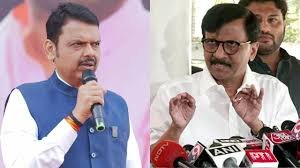
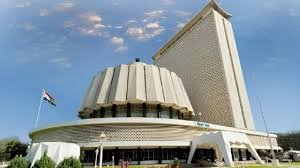
.png)
